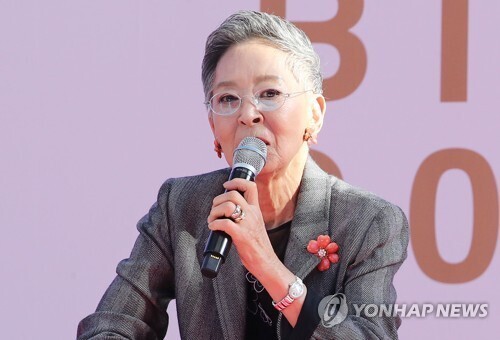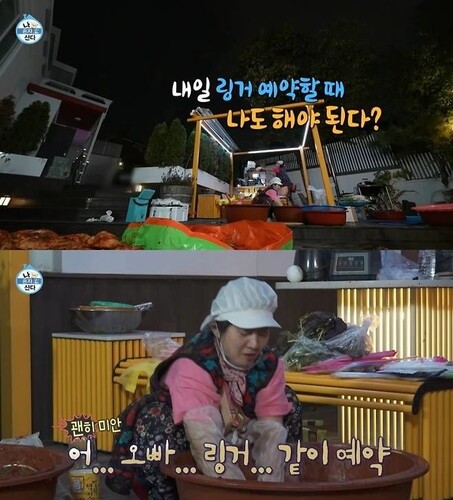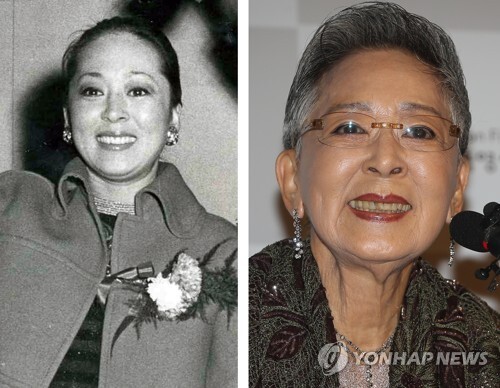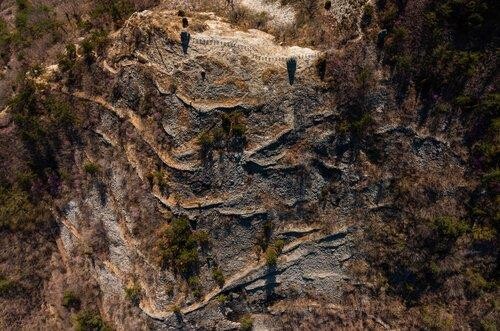 |
| ▲ This photo, provided by Boseong County, shows Obongsan Gudeuljang Road (PHOTO NOT FOR SALE) (Yonhap) |
SEOUL, March 29 (Yonhap) -- A quarry to dig up gudeuljang, a flat stone necessary to make ondol, Korea's traditional indoor heating system is being registered as a cultural heritage site by the South Korean Government.
Boseong County, South Jeolla Province said on the 29th that the 'Obongsan Gudeuljang Quarry' located in the Boseong County has been announced as a registered cultural heritage by the Cultural Heritage Administration.
The Cultural Heritage Administration plans to confirm the site as a registered cultural heritage at the end of April once the opinions are collected within the 30 days of preview.
Natural registered cultural heritage targets places recognized by the central government as necessary for preservation and utilization among cultural heritages of the modern times.
Operated for 50 years, from the 1930s to the early 1980s, the largest quarrying site in Korea is responsible for 70% of South Korea's production.
Various tools and equipment used for quarrying and transporting the cows still remains.
In particular, the transport routes are scatted throughout the mountain like a spider's web and it is extremely well preserved that the shape of the transport routes, which are shaped as the letter 'z' can be seen with the naked eye.
In fact, the wagon roads left in this quarry were also designated as a 'National Forest Cultural Asset' by the Korea Forest Service last December.
The summit of Mt. Obongsan or the 8th ridge, where Gudeuljang is mainly quarried is extremely suitable for the quarrying of Gudeuljang as the layers of the joints have been developed due to the accumulation of the volcanic ash from the volcanic eruption.
Obongsan Gudeuljang is made of heat-resistant tuff, which remains warm for a long time as it does not burst even though it is thin. For this reason, Obonsan Gudeuljang is used beyond Seouth Jeolla Province to Gwangju, Busan and Seoul.
(This article is translated from Korean to English by Haemin Kim.)
(END)
(C) Yonhap News Agency. All Rights Reserved













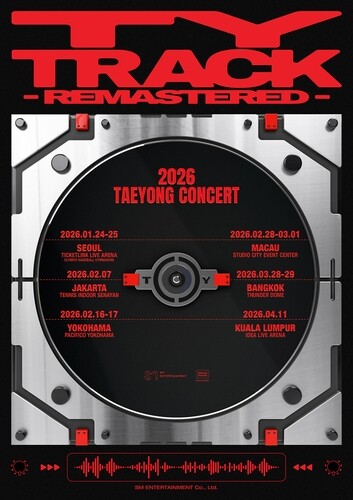
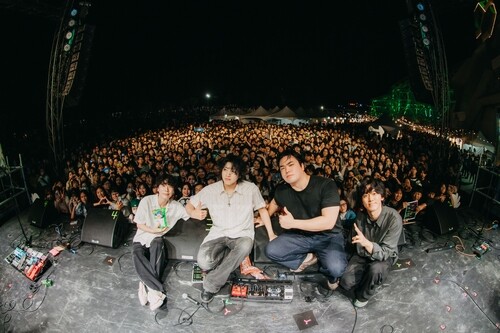

![[가요소식] 하츠투하츠 내년 3월 북미 쇼케이스 개최](https://korean-vibe.com/news/data/20251216/yna1065624915956235_448.jpg)
![[가요소식] 군 복무 마친 NCT 태용, 내달 단독 콘서트](https://korean-vibe.com/news/data/20251216/yna1065624915956223_957.jpg)


